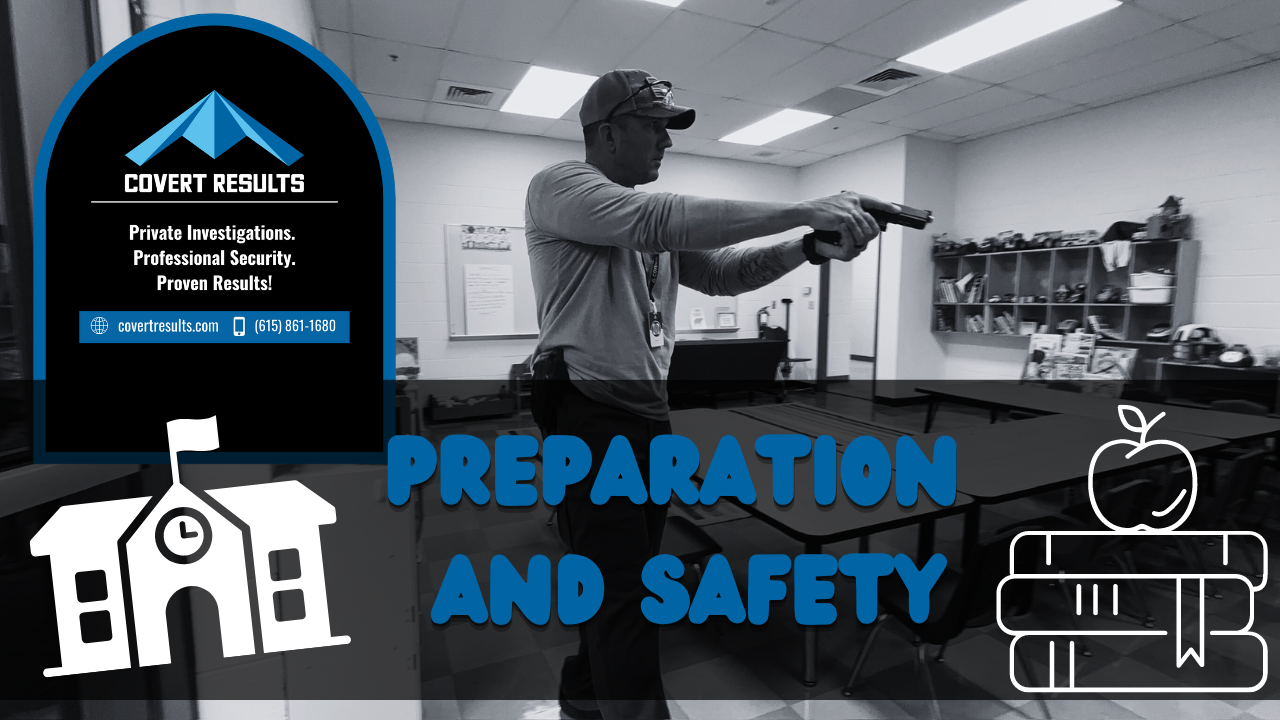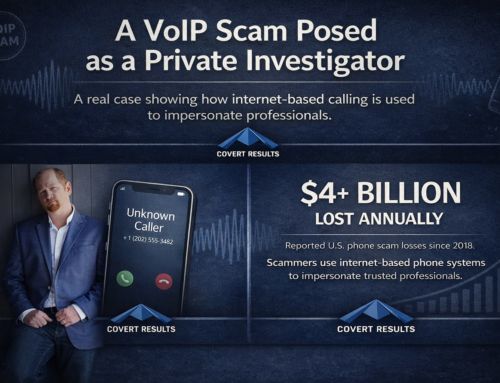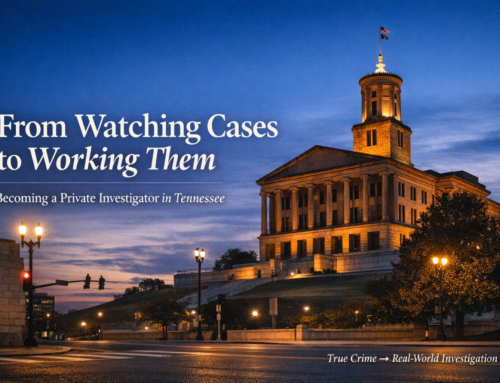
The Essential Guide to Firearm Training for School and Church Staff: Preparation and Safety
Hey there, welcome back to our website! It’s great to see you here again—almost like you’re that friend who never leaves and always hogs the remote. But instead of arguing over what to watch, we’re here to talk about something way more important: firearm training for your school and church staff. In our last blog, we covered the top 5 tips for hiring security for schools. Now, let’s delve deeper into a crucial aspect of that security: firearm training. Whether you’re part of a private school or a church, being prepared for the worst can make all the difference.
Why Firearm Training is Crucial
Firearm training is not just about knowing how to handle a weapon; it’s about ensuring the safety of everyone in your school or church community. Here’s why it’s essential:
- Enhanced Safety: Proper firearm training reduces the risk of accidental discharge and ensures that only those who are thoroughly prepared handle weapons.
- Preparedness for Emergencies: In the unfortunate event of an active shooter situation, trained staff can respond more effectively, potentially saving lives.
- Confidence and Control: Trained individuals are more confident and can maintain control over their emotions and actions during high-stress situations.
- Legal and Ethical Responsibility: Schools and churches have a duty to provide a safe environment. Proper firearm training demonstrates a commitment to this responsibility.
Assessing Your Training Needs
Before diving into training, it’s crucial to assess your specific needs. Here are some steps to consider:
– Risk Assessment: Conduct a thorough risk assessment to identify potential threats and vulnerabilities in your school or church.
– Staff Willingness: Gauge the willingness and comfort level of your staff regarding firearm training. It’s important that participants are not only willing but also mentally prepared for this responsibility.
– Local Laws and Regulations: Familiarize yourself with local laws regarding firearms in educational and religious institutions. Ensure that your training program complies with these regulations.
Developing a Comprehensive Training Program
Creating a comprehensive training program involves several key components:
- Basic Firearm Safety
Before handling any firearm, understanding basic safety principles is paramount. These include:
– Treat Every Firearm as Loaded: Always handle firearms with the assumption that they are loaded.
– Keep the Muzzle Pointed in a Safe Direction: Never point the muzzle at anything you’re not willing to destroy.
– Trigger Discipline: Keep your finger off the trigger until you’re ready to shoot.
– Be Sure of Your Target and What’s Beyond It: Always be aware of your target and what lies beyond it to prevent accidental injuries.
- Proper Handling and Maintenance
Knowing how to handle and maintain a firearm properly ensures its reliability and safety. Training should cover:
– Loading and Unloading: Safe procedures for loading and unloading firearms.
– Cleaning and Maintenance: Regular cleaning and proper maintenance to keep firearms in good working condition.
– Storage: Safe storage practices, including the use of gun safes and lock boxes.
- Scenario-Based Training
Scenario-based training prepares staff for real-life situations. This includes:
– Active Shooter Drills: Simulated scenarios that teach staff how to respond during an active shooter event.
– Evacuation Procedures: Training on how to safely evacuate students or congregation members.
– Communication Protocols: Establishing clear communication protocols during emergencies.
Choosing the Right Training Provider
Selecting the right training provider is crucial for the effectiveness of your program. Consider the following:
– Credentials and Experience: Ensure the training provider has certified instructors with experience in law enforcement or military backgrounds.
– Reputation: Look for providers with positive reviews and testimonials from other schools or churches.
– Customizable Programs: Choose providers who can tailor their programs to meet the specific needs of your institution.
Implementing the Training Program
Once you’ve developed a comprehensive training program, the next step is implementation. Here’s how to ensure a smooth process:
- Scheduling and Attendance
Plan training sessions at times that are convenient for your staff to ensure maximum participation. Make attendance mandatory and track participation.
- Ongoing Training and Refresher Courses
Regular training sessions and refresher courses are essential to keep skills sharp and knowledge up to date. Schedule these sessions periodically throughout the year.
- Evaluation and Feedback
After each training session, gather feedback from participants to identify areas for improvement. Regularly evaluate the effectiveness of the training program and make necessary adjustments.
Legal and Ethical Considerations
When implementing a firearm training program, it’s important to consider the legal and ethical implications:
– Compliance with Laws: Ensure that your program complies with all local, state, and federal laws regarding firearms in educational and religious settings.
– Insurance: Review your institution’s insurance policies to ensure they cover firearm training and related incidents.
– Parental and Community Concerns: Communicate openly with parents and the community about the training program to address any concerns and build trust.
Building a Culture of Safety
Firearm training is just one component of a broader culture of safety. Here are additional steps to reinforce this culture:
- Comprehensive Safety Plans
Develop and regularly update comprehensive safety plans that include emergency procedures, lockdown drills, and evacuation routes.
- Security Audits
Conduct regular security audits to identify and address potential vulnerabilities in your school or church.
- Engagement with Law Enforcement
Build strong relationships with local law enforcement agencies. Their expertise and support can be invaluable in enhancing your security measures.
Supporting Your Staff
Providing support for your staff is crucial in maintaining morale and ensuring the effectiveness of the training program:
- Mental Health Support
Firearm training can be stressful and emotionally taxing. Provide access to mental health resources and counseling services for staff.
- Professional Development
Offer additional professional development opportunities related to safety and security. This can include courses on conflict resolution, first aid, and crisis management.
- Recognition and Appreciation
Recognize and appreciate the efforts of staff members who participate in firearm training and contribute to the overall safety of the institution.
Budgeting for Firearm Training
Implementing a firearm training program requires financial investment. Here’s how to manage your budget effectively:
- Cost Assessment
Assess the costs associated with training, including instructor fees, training materials, and equipment. Factor in ongoing expenses for refresher courses and maintenance.
- Funding Options
Explore funding options such as grants, donations, and partnerships with local businesses or community organizations. This can help offset costs and ensure the sustainability of the program.
- Cost-Benefit Analysis
Conduct a cost-benefit analysis to demonstrate the value of the training program to stakeholders. Highlight how the investment in training can prevent costly incidents and enhance overall safety.
Firearm training for school and church staff is a critical component of ensuring the safety and security of your community. By investing in comprehensive training programs, you’re not only preparing for the worst but also fostering a culture of safety and responsibility.
Remember, the goal is to be prepared, not paranoid. With the right training, your staff can confidently handle any situation that arises, ensuring the well-being of everyone in your care.
Stay safe, stay prepared, and keep prioritizing the security of your school and church community. Thank you for reading, and if you found this guide helpful, please share it with others who might benefit from this information. For more resources and updates, follow us on social media and visit our website. Together, we can create safer schools and churches for everyone.
Covert Results is the premier private investigations, armed security, cyber security, and training company you’ve been searching for. Our team of highly skilled experts has amassed over 100 years of experience in all fields, from investigations to security concerns. Being a member and working within a global network called The Entrepreneurs Organization allows us to provide excellent service anywhere on Earth – truly bringing peace of mind through our world class services! Be sure to follow @CovertResults across Facebook, Instagram, and LinkedIn for the latest information regarding investigator expertise as well as lighthearted moments shared by our community! If you need us to guide you to that peace of mind you are looking for, call or text 615-861-1680 or email contact@covertresults.com.












